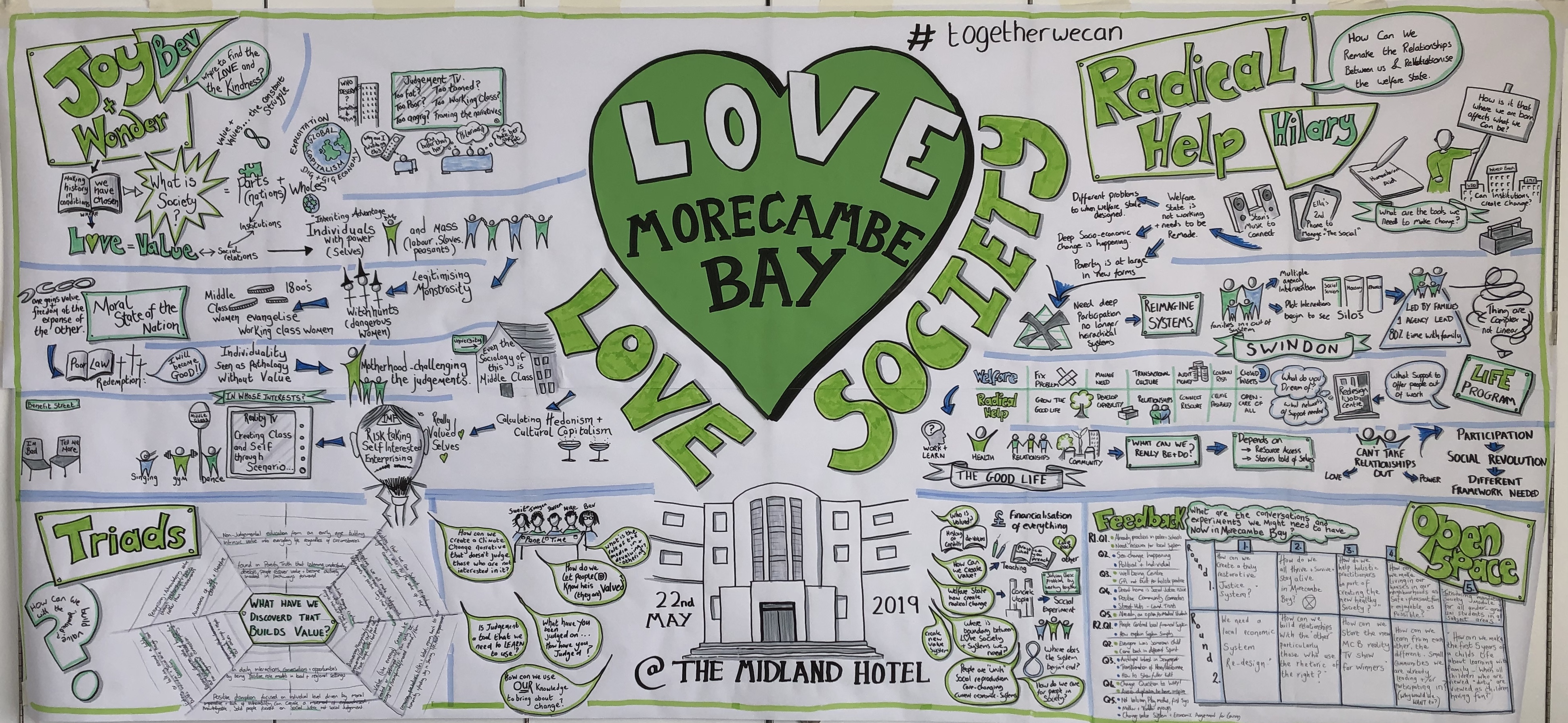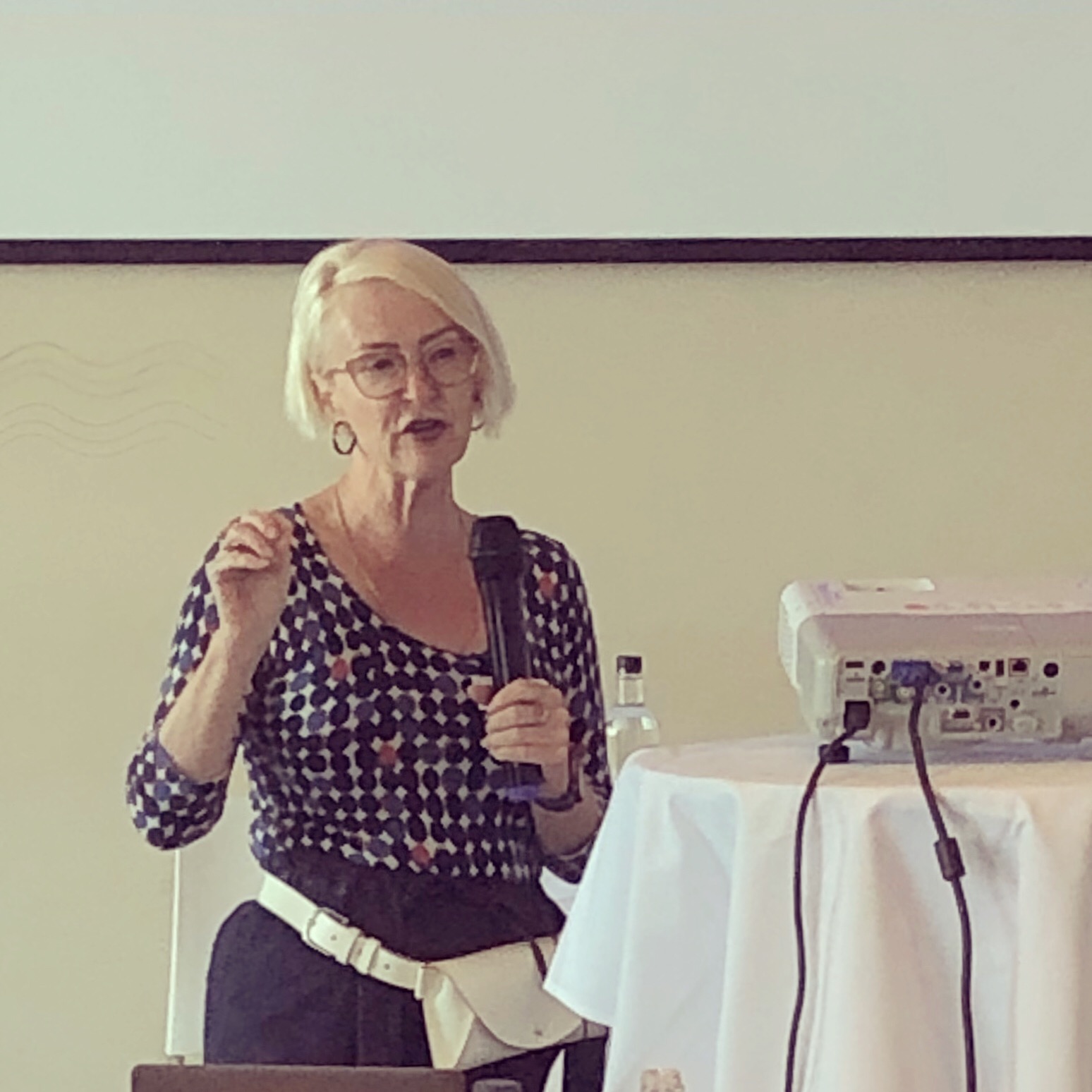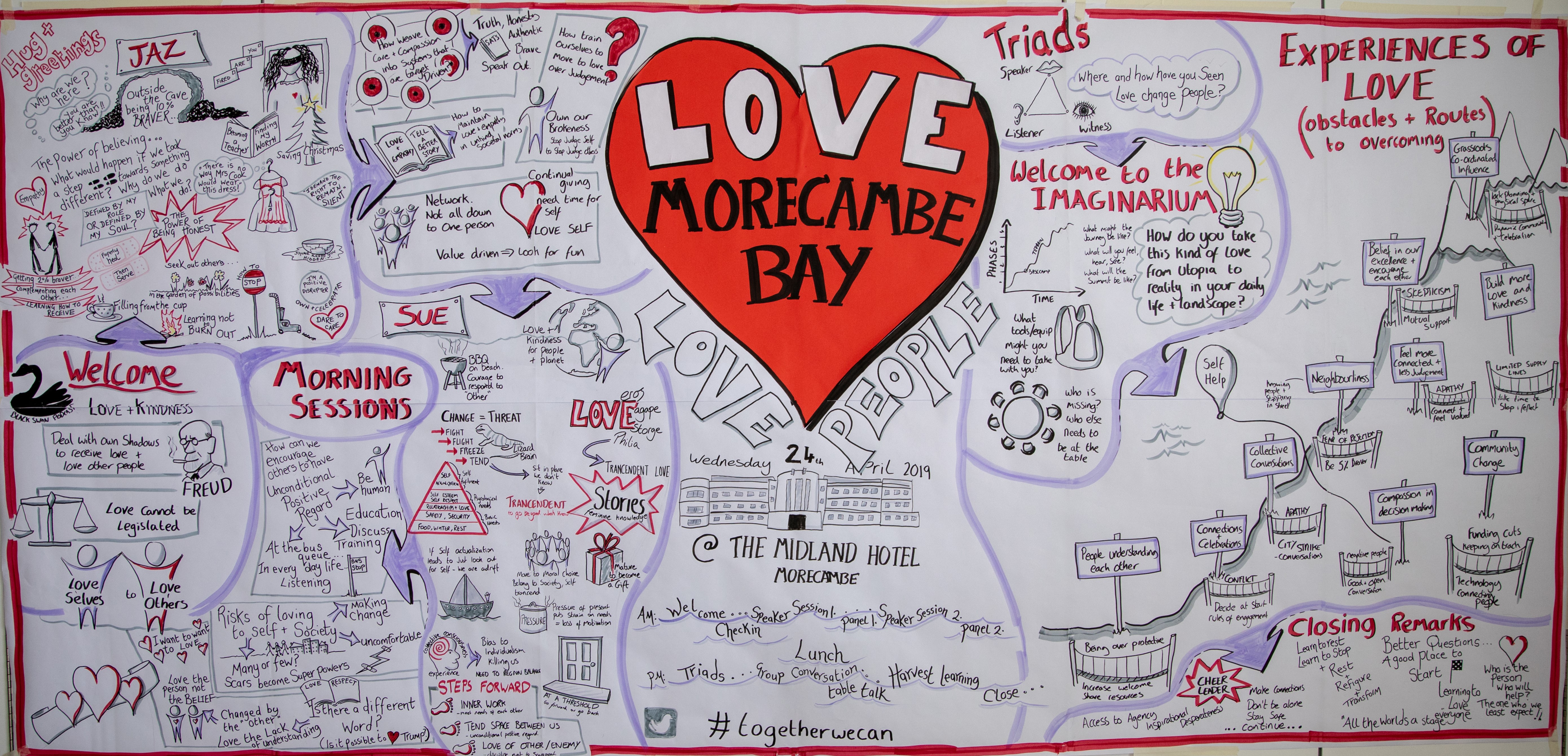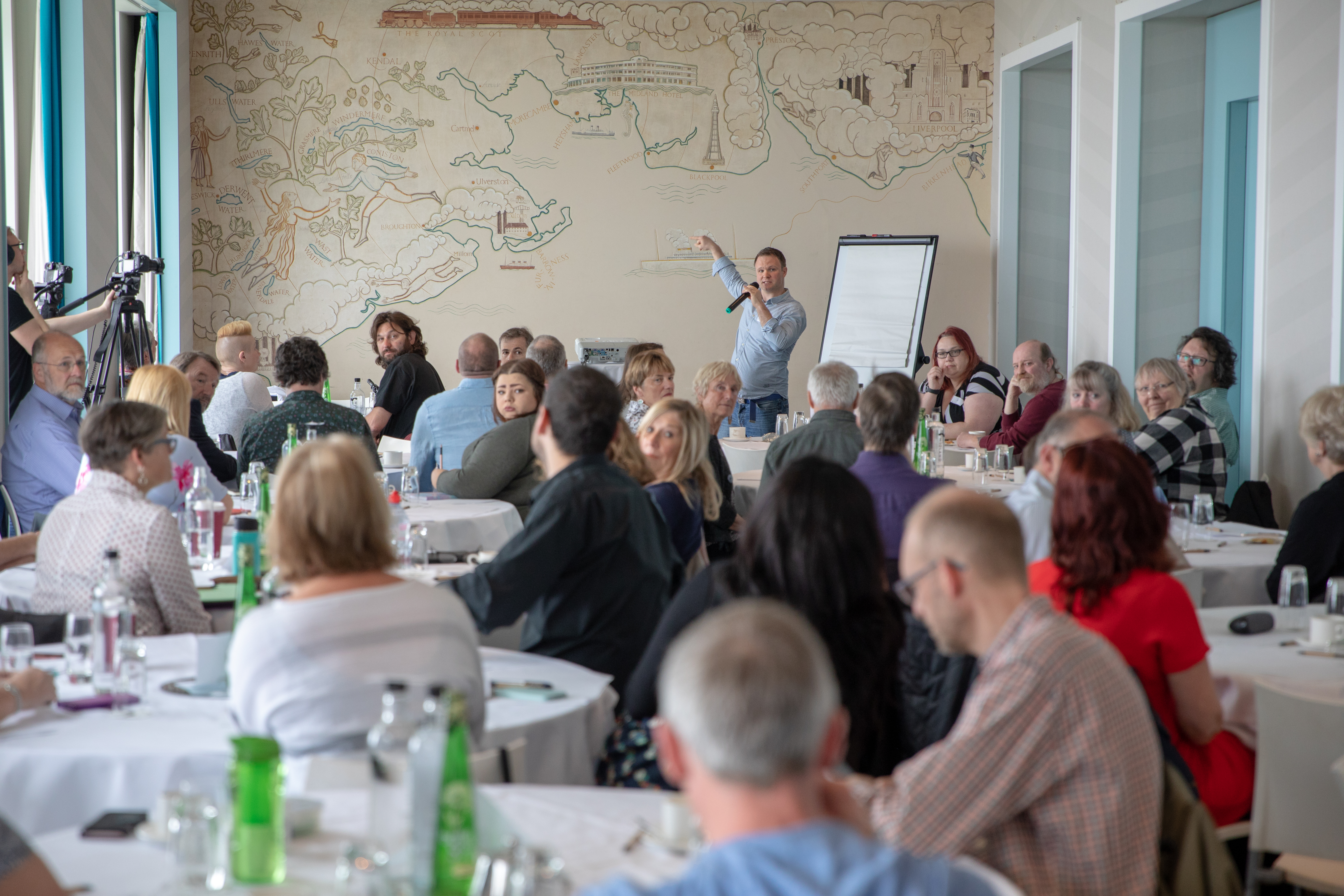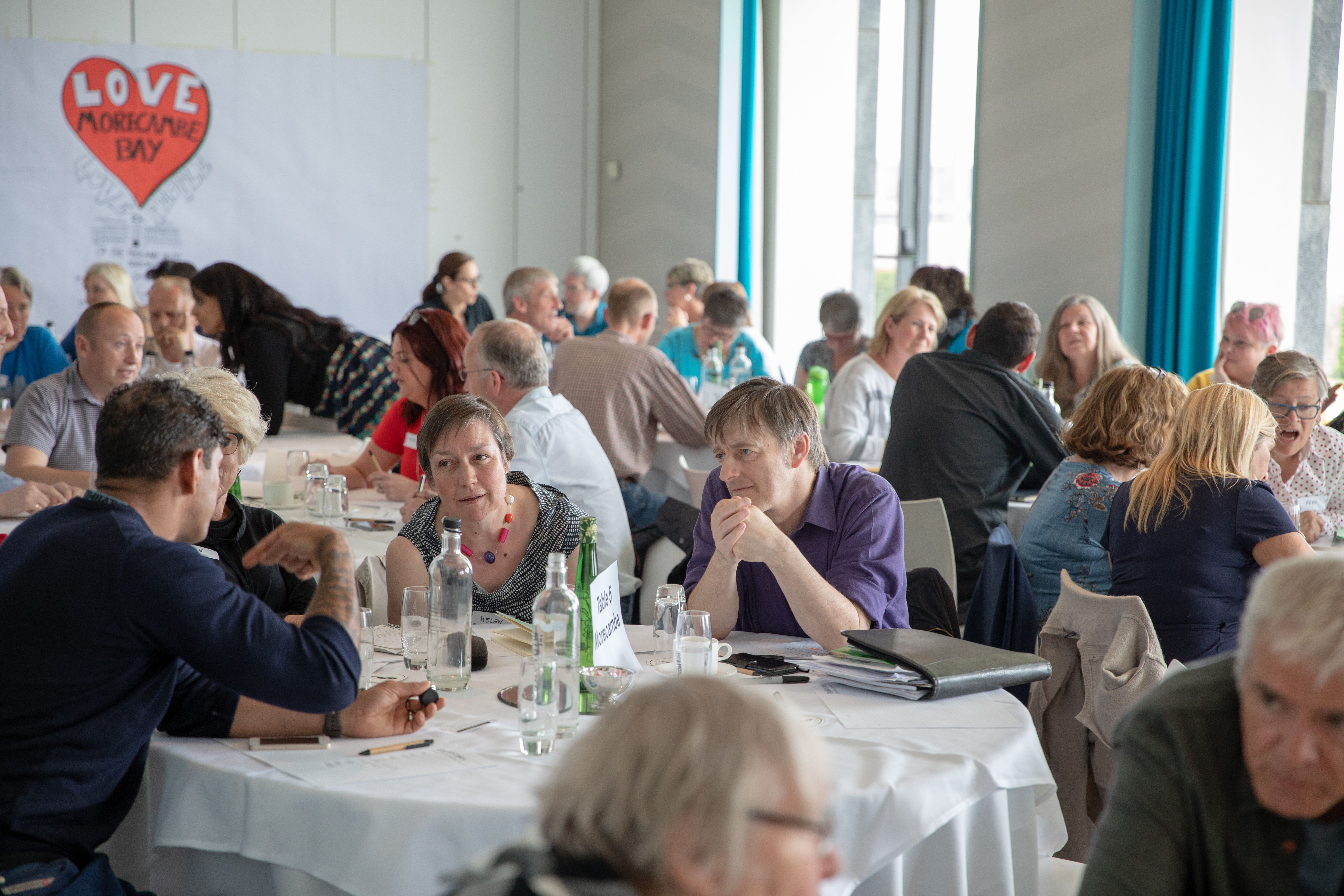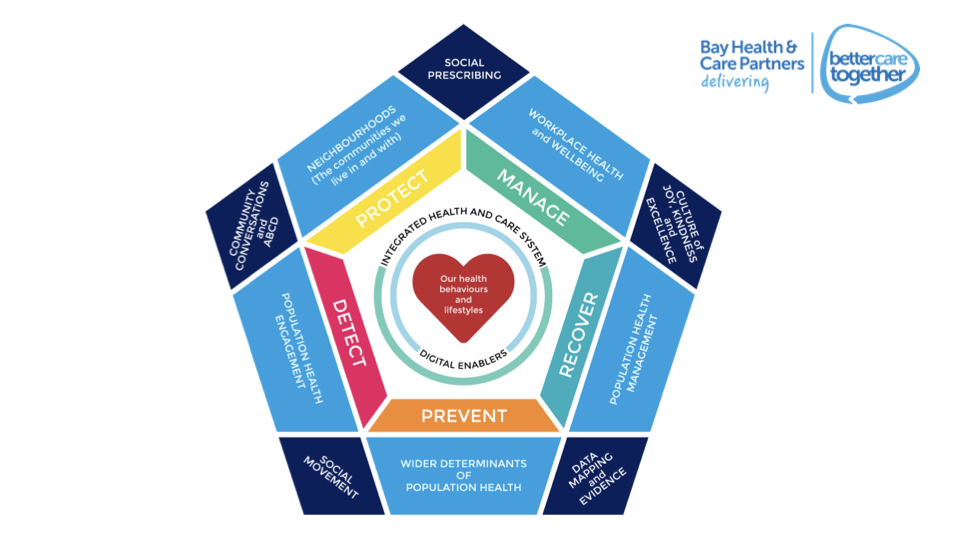Here is a copy of the speech I recently gave at Morecambe Food Bank when Heidi Allen MP and Frank Field MP came to be with us and to listen to the community here in Morecambe Bay about our experiences of poverty. There were some incredibly moving testimonies from community commissioners of the poverty truth commission. This was my contribution:
“First of all I would like to start by saying thank you. Thank you to all of you for being here to talk about these really important issues. Thank you to my friends, Karen, Emily and Daniel for being brave enough to stand up today, to tell your stories and to allow yourselves to vulnerable and to be heard. Thank you to my friend Siobhan for being willing to speak out consistently about the realities that children in your school and this surrounding area are living with, and for doing so, despite unfair and untrue things being said about you in the public domain. Thank you to Annette and the team here at Morecambe Foodbank for your hospitality, generosity and welcome here today and for all the ways in which you provide for people in this community.
Thank you to Si Bellamy from the Eden Project – we’re so grateful for the hope that your partnership brings to this area and for the common values we share in wanting to uncover and deal with our deep systemic issues and injustices and co-create an economy and way of being as community that really works for humanity and the planet. Thank you to so many of our friends across the voluntary and public sectors for being here today and demonstrating our sense of unity in working together with our communities. And thank you Heidi Allen and Frank Field for choosing to work across your differences and to come and be with us today and to listen.
Today is not only about Morecambe. Morecambe is an amazing town full of wonderful people and there is a huge amount to be celebrated here. In fact, we could be having this same conversation, with similar but different and important communities across the water in Barrow, or over in Scarborough or down in Hastings because these same issues are found everywhere. Today is about coming together to really listen and to the reality of just how complex some of the issues we’re facing really are, like poverty, and the way it intertwines with many other aspects of our lives, for example our health and wellbeing.
Until 1791 people in England believed all swans were white. That was until a black swan arrived on these shores, brought here from Australia. Sometimes we can hold extremely fixed positions and ideas in our minds, until we are confronted by something which causes us to see the world differently. One of the truths about poverty is that it is an incredibly complex and wicked problem. And so it doesn’t help to entrench ourselves in our positions and throw stones at one another once those ideas are challenged.”
Robert Peston was right in his devastating analysis that we have become divided. So quickly we enter a blame game over poverty. “It’s your fault I’m poor”, “no, it’s your fault you’re poor”. But all this does is create more polarity, more distance between us as we become ever more entrenched in the certainty of our own arguments and perspectives. But that way of being is failing us, the 3 million children living in poverty and the hundreds and thousands of people who are now destitute. Trying to solve complex issues with overly simple questions is landing us in a mess! We want quick answers and we want to fix things but we do not appreciate the unintended violence of our policies and projects because we have not taken the time to listen, to understand or learn together. But when we do, we discover that not all swans are white and we begin to realise that we can longer continue to see the world that way.
The theologian, Samuel Wells, speaks of poverty as not being primarily about deficit, a concept that leads us into blame and heroism. Rather, he recognises that it is our dislocation, our isolation, our separation which is the real root cause of our issues. And so, here in Morecambe Bay, not only through the poverty truth commission, with the mantra that “nothing about me without me is for me”, but in many facets of our life together, including in the NHS, where I have the privilege of working both as a GP and as Director of Population Health that it is in togetherness, through relationship in which we are creating the space to build trust, to ask some really difficult questions and in the process we discover the reality of our pain and despair in one hand and in the other, as Barack Obama would say, we hold the audacity of hope, despite it all.
There are things to which together we are saying, “Enough now”. Enough now that some children in our communities cannot afford to eat, despite their parents being ‘back in work’ – and we are so grateful for the youth and community projects that open early to ensure kids get breakfast on the way to school and tea on the way home, despite a real struggle for resources. Enough now of the adverse childhood experiences or traumas through which many of our children our living, massively impacting their physical, mental and social health for years to come. Enough now of the reality that some children living in this Bay can expect to live at least 10 years less than children growing up just 6 miles down the road, with a far poorer quality of life along the way. And as we say enough now to those things and many more human and environmental injustices, we discover that the answers are not found in our current opposing political or economic models. Rather we are finding that together we can begin to create new possibilities of how we can re-imagine and build a future that works for every person and the planet.
In actual fact, learning to live well together is really difficult. It takes humility, forgiveness, kindness, breaking down hostility and replacing it with love. It means taking a good hard look at ourselves rather than pointing a finger of judgement at others. It means letting go of mechanistic thinking to fix things and embracing the reality of complex living systems. It means recognising that change starting with us. For me that means dealing with my own ego, my wounds, my root needs, my genealogy, my white male privilege, our colonial history and discovering that it is in encountering the ‘other’, someone utterly different to me that I am changed and I encounter in that person, the very face of God.
And so not only are we saying “enough now” to things which must change, but won’t change with our current ‘go to’ solutions, we are also finding that “together we can”. Here in Morecambe Bay, through working together as communities, we are seeing many dozens of initiatives emerging, like our food poverty project, our mental health cafes, community choirs and new partnerships forming across the voluntary, faith and public sectors working on issues like addiction and early intervention in neighbourhoods.
We are finding that together we can break down walls of division and find kinder ways of building society. Together we can see different perspectives and change our opinions and views. Together we can discover models of business based on mutuality and sustainability. Together we can help each other take more personal and corporate responsibility, whilst recognising how much easier that is for some than others and so together we can create compassionate communities.
Together we can face up to the challenges we see in our NHS and social care with the eye-watering savings we are being asked to make. Together we can ensure every child has a great start in life, we can build an education system that works for every child and face up to the growing mental health crisis in our young people.
Together we can ensure that our elderly citizens are respected and cared for. Together we can live in streets that are clean and safe, with every person having a warm, dry home to sleep in. Together we can face up to the environmental disasters which lie ahead if we don’t change. Together we can build a social movement for change with a different kind of power and discover a politics and economics that works for every person and the sustainability of the planet, based on self-giving, others-empowering love, empathy and kindness. And as we are here together today, together, through policy and through partnership we can ensure that no child goes hungry and every life matters. So, I am looking forward to listening and to learning together, through our conversations here today. Thank you.”
